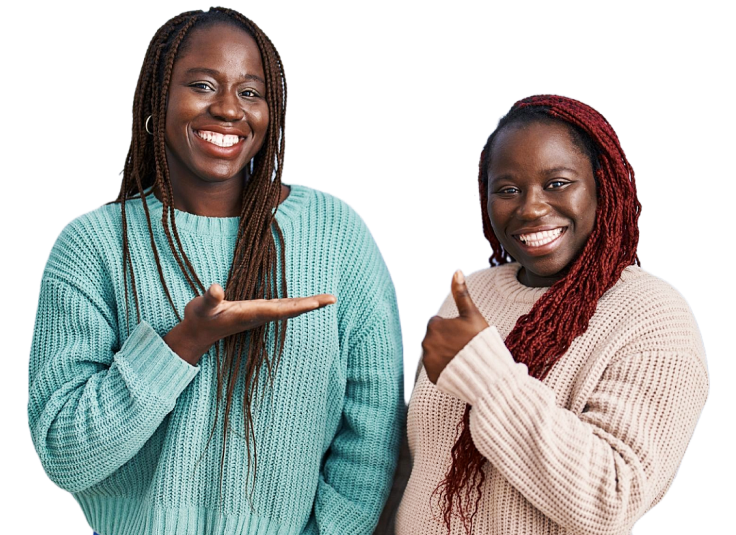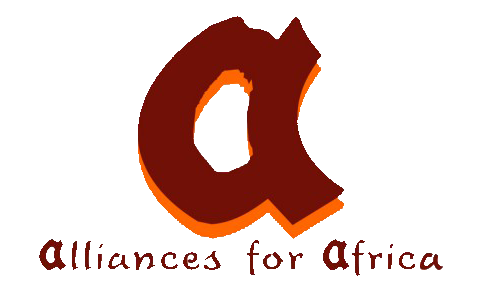Alliances for Africa (AfA) is an international African feminist-led human rights, peace and sustainable development organisation registered with the Nigerian Corporate Affairs Commission (CAC) on 11 April 2000 and the National Planning Commission in Nigeria on 7 March 2005. AfA is now fully incorporated as a Company Limited by Guarantee without share capital (Company No RC 720437) with the CAC since 29 November 2007. However, AfA has been operational in Nigeria since 2001.


As a feminist organisation, we celebrate our diverse identities and politics. We recognise that the barriers in the fight for equity and the unrestricted enjoyment of human rights are deeply rooted in political, social, and religious bias. We question the legitimacy of structures that aid discrimination of any form and keep women subjugated. We develop feminist tools for transformatory analysis and actions to address these structures of discrimination and subjugation. We are deeply committed to the Charter of African Feminist Principles for African Feminists. Hence our feminist identity is not qualified with ‘Ifs’, ‘Buts’ or ‘However’. We are feminists, full stop!
Alliances For Africa (AfA) is an African feminist, non-governmental, human rights organisation working to build a sustainable and equitable society anchored on the pillars of sustainable development, inclusion, accountability, and gender justice through strategic research, policy advocacy, and capacity development.


Alliances for Africa (AfA) has an observer status with the African Commission on Human and Peoples Rights. AfA sits on the Executive Committee of the Coalition for an Effective African Court and is a member of the Solidarity for African Women’s Rights (SOAWR) ). In July 2012, AfA was granted consultative status with the United Nations (UN) Economic and Social Council (ECOSOC).


Plot 75, Opposite Rosy Kids Montessori School, Area A, World Bank, Owerri, Imo state
Copyright 2025 Alliance for Africa